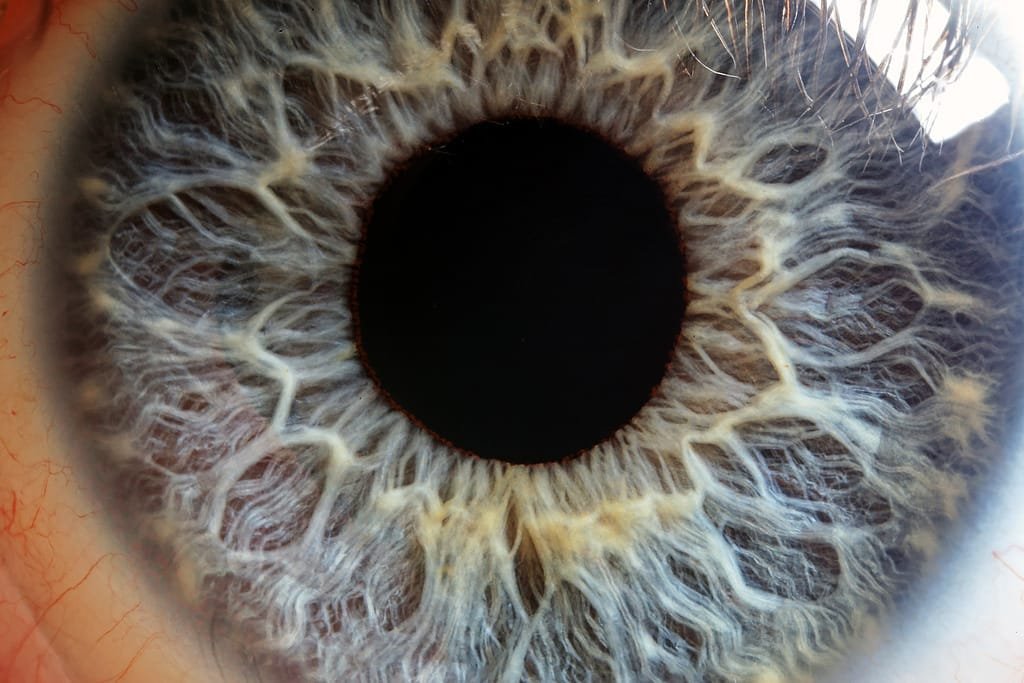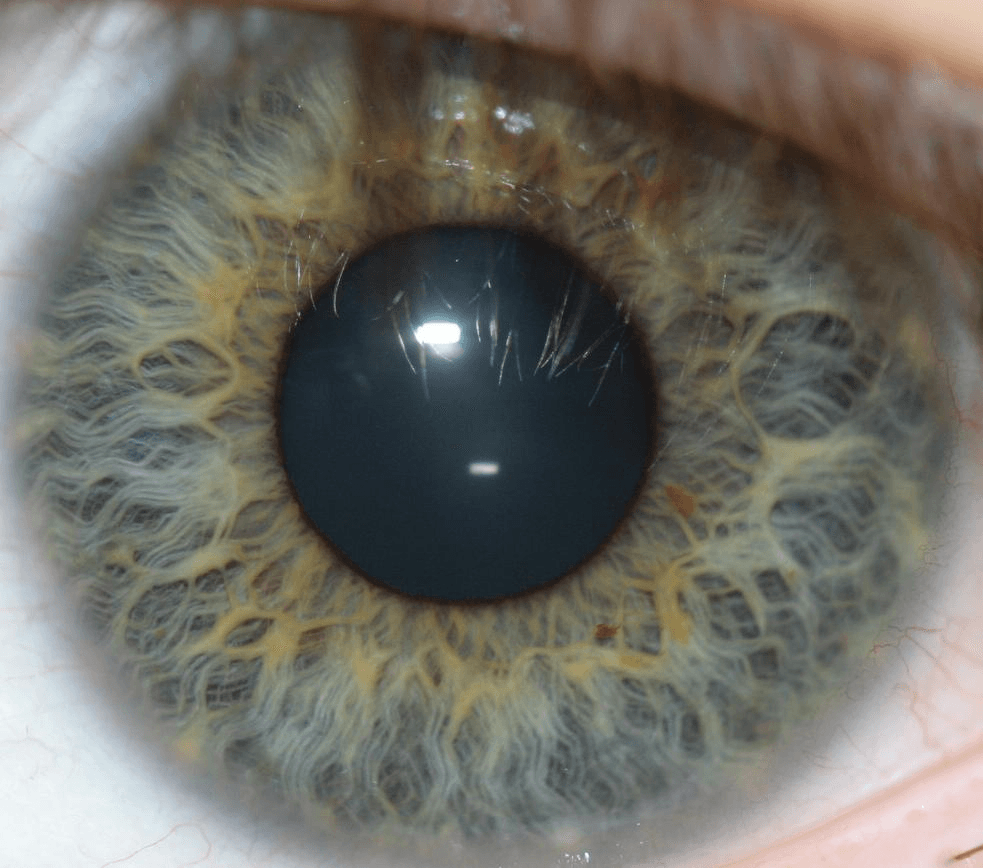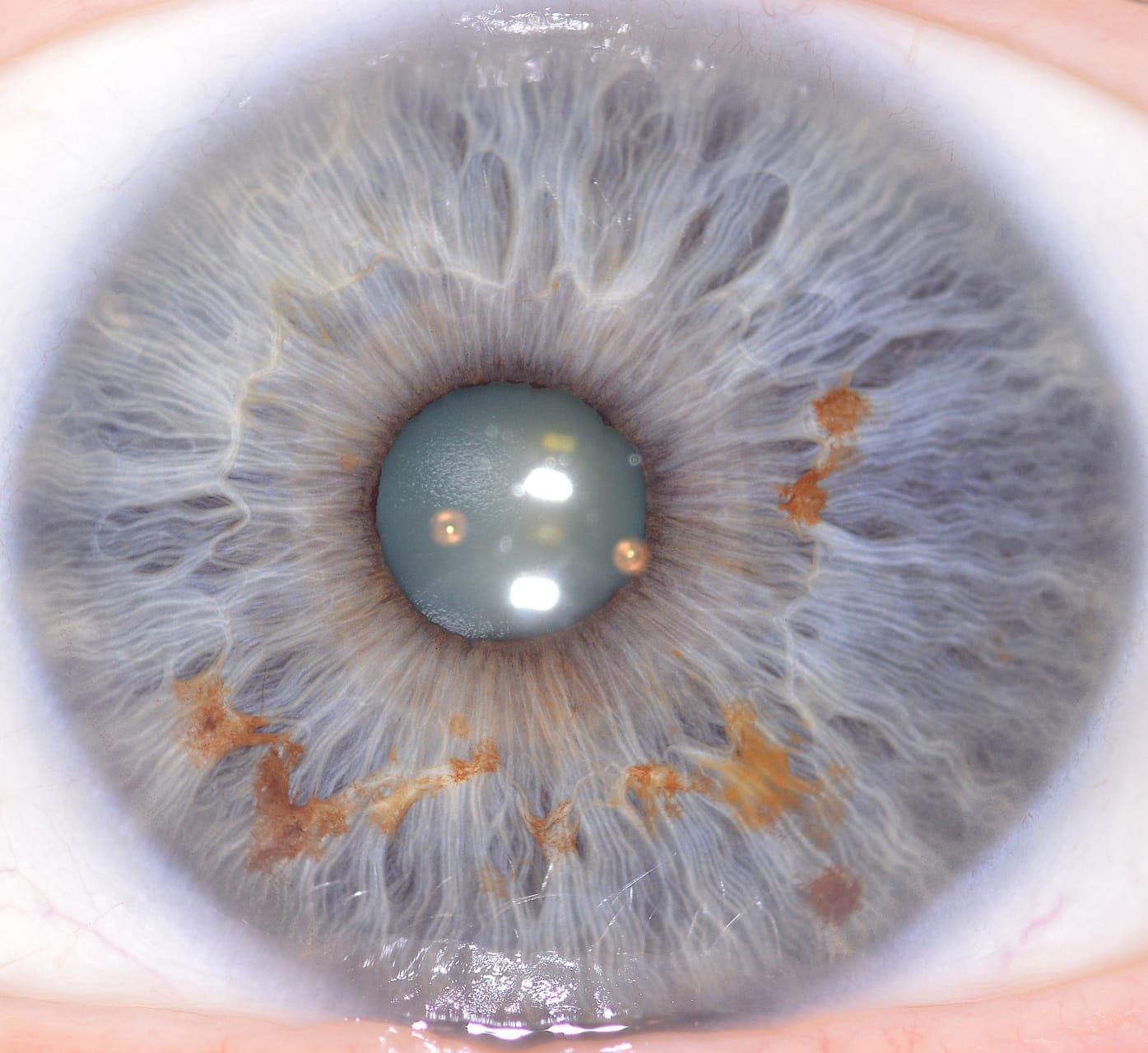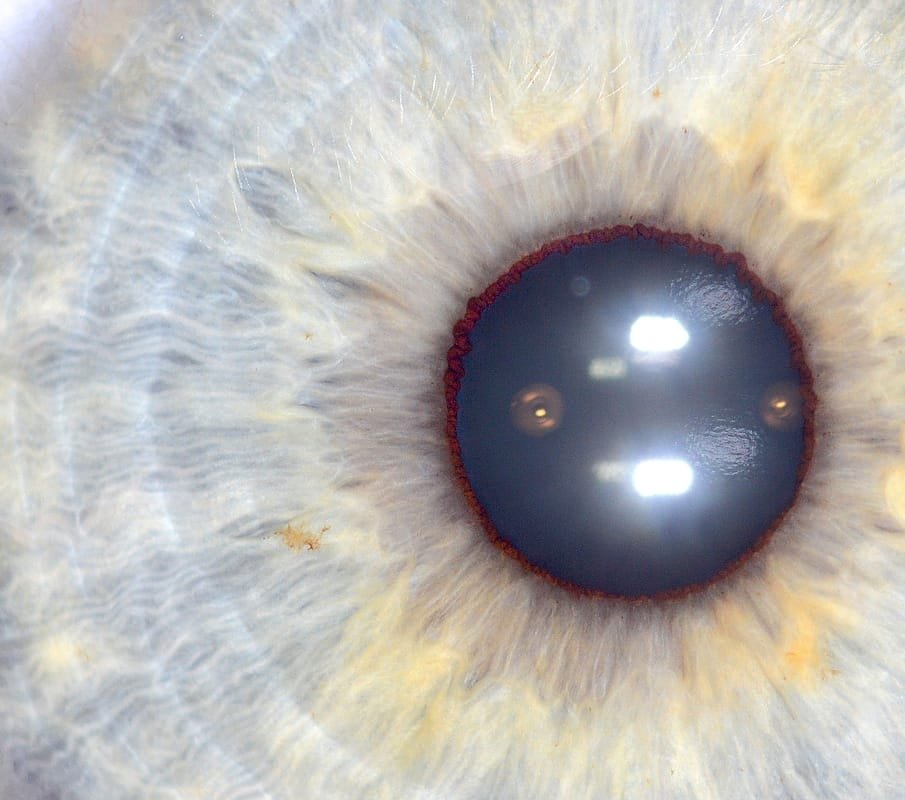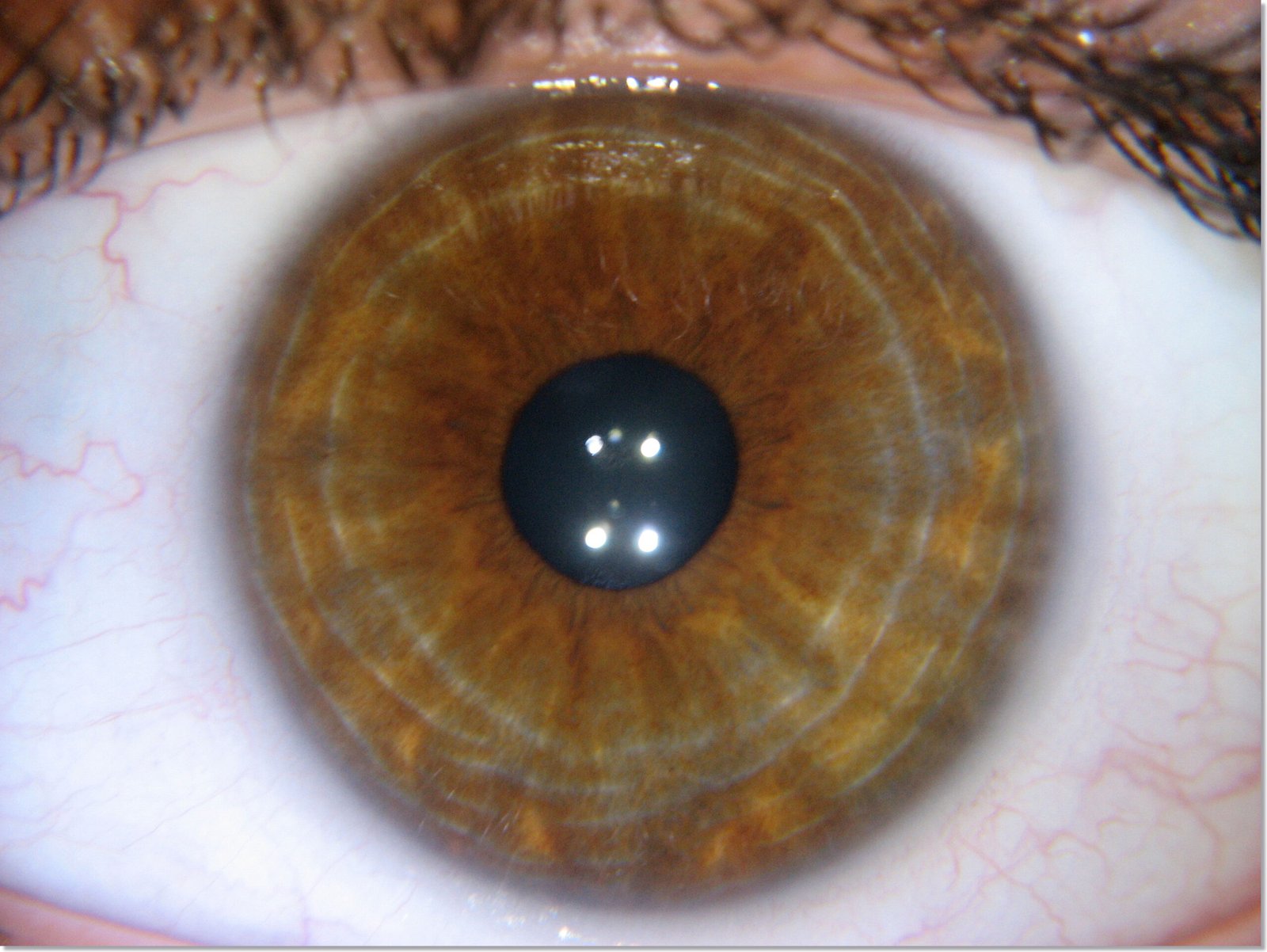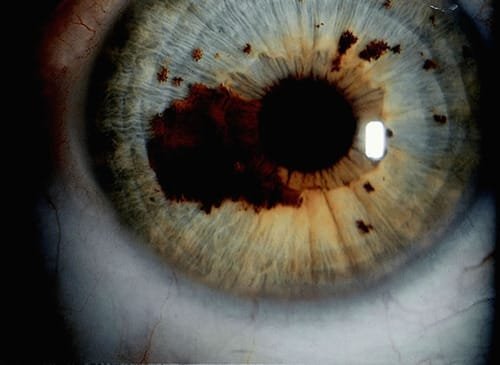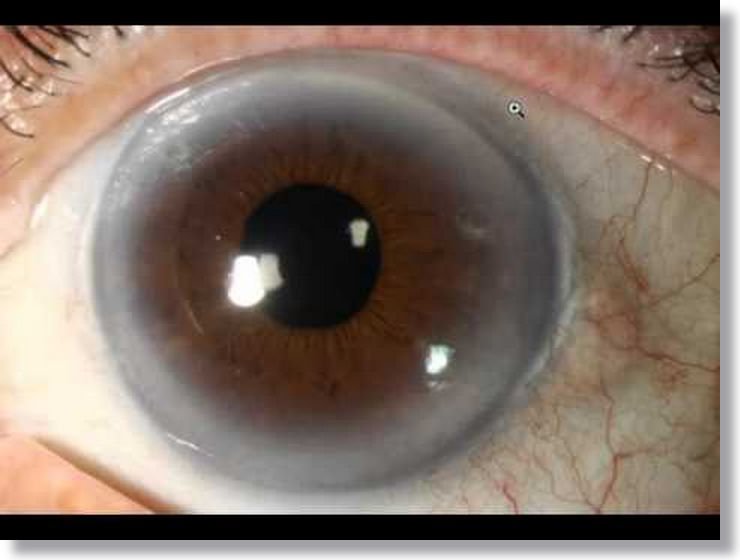Irisul tău - partea colorată a ochiului tău - joacă un rol crucial în sănătatea ta a viziunii generale. Această structură remarcabilă nu numai că oferă ochilor tăi culoarea lor distinctivă, dar reglează și cantitatea de lumină care intră în ochiul tău controlând dimensiunea elevului. Înțelegerea îngrijirii adecvate a Iris Iris este esențială pentru menținerea viziunii optime și pentru prevenirea potențialelor complicații care ar putea afecta această structură delicată. În acest ghid cuprinzător, vom explora tot ceea ce trebuie să știți despre îngrijirea ochilor iris, de la înțelegerea funcției sale până la recunoașterea condițiilor comune și implementarea măsurilor preventive care vă pot ajuta să vă păstrați viziunea în anii următori.Îngrijorat de sănătatea ochilor tăi?
Nu așteptați până la dezvoltarea problemelor de viziune. Îngrijirea proactivă a ochilor este esențială pentru sănătatea pe termen lung.
Programează un examen ocular astăzi
Importanța sănătății irisului

Structura complexă a unui iris sănătos reglează lumina care intră în ochi
Irisul este mai mult decât doar porțiunea colorată a ochiului dvs. care determină dacă aveți ochi albaștri, maro, verzi sau alun. Această structură complexă conține mușchi minusculi care controlează dimensiunea elevului tău, reglând câtă lumină intră în ochi. Când funcționați corect, irisul dvs. se adaptează automat la schimbarea condițiilor de lumină - contractarea în medii luminoase și extinderea în setări slabe.
Dincolo de funcția sa de reglementare a luminii, Iris contribuie la sănătatea generală a ochilor în mai multe moduri importante:
- Protejează retina de expunerea excesivă a luminii care ar putea provoca daune
- Contribuie la percepția profunzimii adecvate și la claritatea vizuală
- Conține modele unice care sunt la fel de individuale ca amprente
- Servește ca un indicator al anumitor afecțiuni sistemice de sănătate
Menținerea sănătății irisului este esențială nu doar pentru păstrarea viziunii tale, ci și pentru protejarea structurilor interne delicate ale ochiului tău. Atunci când irisul devine inflamat sau deteriorat, acesta poate duce la complicații grave de viziune care pot fi dificil de inversat.
Condiții comune legate de iris
Înțelegerea condițiilor care vă pot afecta irisul este un pas important în recunoașterea problemelor potențiale din timp. Iată câteva dintre cele mai frecvente probleme legate de IRIS care pot necesita atenție profesională pentru îngrijirea ochilor:
Irori (uveită anterioară)
Irita este o inflamație a irisului și a țesuturilor din jur care pot provoca probleme semnificative de disconfort și de vedere. Această afecțiune se dezvoltă adesea brusc și poate fi legată de tulburări autoimune, infecții sau traume.
Simptome comune:
- Dureri și roșeață
- Sensibilitate la lumină (fotofobie)
- Viziune încețoșată sau scăzută
- Pete plutitoare în câmpul dvs. vizual
- Forma neregulată a elevului
Avertizare: Irita netratată poate duce la complicații, inclusiv glaucom, cataractă și pierderi permanente ale vederii. Căutați asistență medicală imediată dacă aveți aceste simptome.
Iris Trauma
Leziunile fizice ale ochiului pot deteriora irisul, rezultând lacrimi, detașare sau alte anomalii structurale. Cauzele comune includ leziuni sportive, accidente la locul de muncă și traume ale ochilor penetrante.
Semne ale traumei Iris:
- Forma sau dimensiunea neregulată a elevului
- Lacrimi vizibile în țesutul irisului
- Sânge în camera anterioară (Hyphema)
- Scăderea acuității vizuale
- Durere și sensibilitate la lumină
Trauma ochilor necesită evaluare medicală imediată. Chiar și rănile aparent minore pot provoca daune interne grave irisului și altor structuri oculare.
Pre-America
Aniridia este o condiție congenitală rară caracterizată prin absența parțială sau completă a irisului. Această tulburare genetică afectează aproximativ 1 din 50.000-100.000 de oameni și este adesea asociată cu alte anomalii ale ochilor.
Caracteristici și complicații:
- Sensibilitate extremă la lumină datorită incapacității de a regla intrarea luminii
- Acuitate vizuală slabă
- Nystagmus (mișcări involuntare ale ochilor)
- Risc crescut de glaucom și cataractă
- Probleme potențiale ale corneei
Revista Coloboma
Coloboma este o afecțiune congenitală în care lipsește o porțiune din iris, creând o gaură cheie sau un aspect notat la elev. Acest lucru se întâmplă atunci când ochiul nu se formează complet în timpul dezvoltării fetale.
Efecte și management:
- Elev distinctiv în formă de gaură
- Sensibilitate la lumină crescută
- Deteriorarea potențială a viziunii în funcție de severitate
- Poate fi asociat cu alte anomalii ale ochilor sau sistemici
- Adesea gestionat cu lentile de contact nuanțate sau ochelari
Experimentați simptome legate de iris?
Detectarea precoce și tratamentul sunt cruciale pentru prevenirea pierderii vederii din condițiile de iris.
Consultați un specialist în ochi
Sfaturi zilnice de îngrijire a ochilor Iris


Protecția adecvată a UV este esențială pentru întreținerea zilnică a sănătății irisului
În timp ce nu vă puteți îngriji direct de irisul, așa cum puteți alte părți ale corpului dvs., există mai multe măsuri proactive pe care le puteți lua pentru a proteja această structură delicată și pentru a menține sănătatea generală a ochilor. Implementarea acestor practici zilnice de îngrijire a ochilor Iris vă poate reduce semnificativ riscul de a dezvolta afecțiuni legate de IRIS:
Protecția UV
Radiațiile ultraviolete (UV) pot deteriora structurile delicate ale ochiului tău, inclusiv irisul tău. Expunerea excesivă a UV a fost legată de diverse condiții oculare și poate contribui la modificările pigmentului irisului.
- Purtați ochelari de soare care blochează 99-100% din radiațiile UVA și UVB
- Alegeți stiluri de înfășurare pentru protecție maximă
- Purtați ochelari de soare chiar și în zilele înnorate, deoarece razele UV pot pătrunde
- Luați în considerare lentilele polarizate pentru a reduce strălucirea, ceea ce vă poate încorda ochii
Nutriție pentru sănătatea ochilor
O dietă echilibrată bogată în nutrienți specifici poate ajuta la menținerea sănătății irisului și să sprijine funcția generală a ochilor. Antioxidanții sunt deosebit de importanți pentru protejarea țesuturilor ochilor împotriva stresului oxidativ.
- Consumați alimente bogate în vitamine A, C și E (morcovi, citrice, nuci)
- Includeți acizi grași omega-3 din pește sau semințe de in
- Mănâncă verdeață cu frunze care conțin luteină și zeaxantină
- Rămâneți hidratat pentru a menține o producție de lacrimă corespunzătoare
Prevenirea tulpinii digitale a ochilor
Timpul prelungit al ecranului poate contribui la încordarea ochilor, care poate afecta indirect funcția irisului, provocând modele de constricție și dilatare a elevilor care diferă de condițiile naturale de vizualizare.
- Urmați regula 20-20-20: La fiecare 20 de minute, priviți ceva la 20 de metri distanță timp de 20 de secunde
- Ecrane de poziție la lungimea brațului și ușor sub nivelul ochilor
- Utilizați ochelari de filtrare a luminii albastre sau filtre de ecran
- Asigurați o iluminare adecvată pentru a reduce problemele de strălucire și contrast
Conexiunea clipită
Știați că rata dvs. de clipire scade de obicei cu mai mult de 50% atunci când utilizați dispozitive digitale? Clipirea obișnuită și completă ajută la menținerea filmului lacrimal care vă protejează corneea și susține indirect Iris Health, asigurând un mediu ocular stabil.
Remedii naturale pentru Iris Health
În timp ce condițiile grave de IRIS necesită un tratament medical profesional, mai multe abordări naturale pot completa îngrijirea convențională a ochilor și pot ajuta la menținerea sănătății irisului. Aceste metode susținute de știință se concentrează pe reducerea inflamației, susținerea funcției generale a ochilor și crearea unui mediu optim pentru sănătatea ochilor.

Suplimente naturale și remedii care susțin sănătatea generală a ochilor și a irisului
Dieta bogată în antioxidanți
Stresul oxidativ poate deteriora țesuturile oculare delicate, inclusiv irisul. Antioxidanții ajută la neutralizarea radicalilor liberi care contribuie la această deteriorare. Cercetările publicate în Journal of Oftalmology sugerează că antioxidanții dietetici pot contribui la reducerea riscului mai multor afecțiuni ale ochilor.
- Extract de mure – Conține antocianoside care întăresc vasele de sânge în ochi
- Lutein și Zeaxanthin – Carotenoizi care filtrează lumina albastră nocivă și acționează ca antioxidanți
- Acizi grași omega-3 – Reduceți inflamația și susțineți sănătatea generală a ochilor
- Vitamina C. – Sprijină vasele de sânge în ochi și poate ajuta la prevenirea cataractei
Comprese pe bază de plante
Compresele de plante blânde pot ajuta la calmarea încordatului ochilor și la reducerea inflamației în jurul zonei ochilor, creând un mediu mai sănătos pentru irisul și alte structuri ale ochilor.
- Compresiunea ceaiului de mușețel – Are proprietăți antiinflamatorii care pot calma ochii iritați
- Compresă de ceai verde – Conține catechine cu efecte antioxidante și antiinflamatorii
- Felii de castraveți – Oferiți ușurare de răcire și conțineți antioxidanți
- Apă de trandafir – Proprietăți astringente ușoare care pot reîmprospăta ochii obosiți
Utilizați întotdeauna metode de pregătire sterilă pentru orice compresă care va intra în contact cu ochii. Nu aplicați niciodată remedii pe bază de plante direct în ochi decât dacă este formulat și aprobat în mod specific pentru utilizare oculară.
Hidratare și sănătatea ochilor
Hidratarea corectă este esențială pentru menținerea echilibrului delicat al fluidelor din ochi. Deshidratarea poate afecta producția de lacrimi și calitatea, ceea ce afectează indirect sănătatea irisului prin modificarea mediului ocular.
- Obiectiv zilnic 8-10 pahare de apă
- Limitați cofeina și alcoolul, ceea ce poate contribui la deshidratare
- Includeți alimente hidratante precum castraveți, pepene verde și țelină
- Luați în considerare utilizarea unui umidificator în medii uscate pentru a preveni uscăciunea ochilor
“În timp ce remediile naturale pot susține sănătatea generală a ochilor, acestea ar trebui să completeze, să nu înlocuiască, îngrijiri medicale profesionale pentru condiții de iris specifice. Consultați întotdeauna cu un specialist în îngrijirea ochilor înainte de a începe orice regim de supliment.”
– Academia Americană de Oftalmologie
Descoperiți soluții naturale de îngrijire a ochilor
Aflați cum să încorporați remedii naturale în rutina dvs. cuprinzătoare de îngrijire a ochilor.
Explorați remedii naturale
Când să vezi un specialist în îngrijirea ochilor
În timp ce măsurile preventive și remedii naturale pot susține sănătatea irisului, anumite simptome justifică atenția profesională imediată. Recunoașterea acestor semne de avertizare vă poate ajuta să preveniți complicații grave și să vă păstrați viziunea.

Examenele profesionale obișnuite sunt esențiale pentru detectarea problemelor de iris din timp
Semne de avertizare care necesită atenție imediată
- Durere bruscă a ochilor – Mai ales atunci când este însoțit de roșeață, poate indica irită acută
- Schimbări rapide ale vederii – Estompare, plutitoare sau sclipiri de lumină
- Sensibilitate extremă a luminii – Fotofobie care interferează cu activitățile zilnice
- Modificări vizibile la iris – Inclusiv modificări de culoare sau formă neregulată
- Leziuni oculare – Orice traumă pentru ochi, chiar dacă pare minor
Program de examinare a ochilor de rutină
Chiar și fără simptome, examenele oculare complete obișnuite sunt esențiale pentru menținerea sănătății irisului și detectarea problemelor potențiale înainte de a deveni grave. Asociația Americană Optometrică recomandă următorul program de examinare:
| Grupa de vârstă | Frecvența de examinare | Considerații speciale |
| Adulți (18-60) | La fiecare 2 ani | Mai frecvent dacă aveți factori de risc precum diabetul sau istoricul familial al bolii ochilor |
| Adulți (61+) | Anual | Risc mai mare pentru condițiile oculare legate de vârstă |
| Purtătorii de lentile de contact | Anual | Lentilele de contact pot afecta sănătatea corneei, care are un impact indirect la funcția irisului |
| Cei cu condiții oculare existente | După cum recomandă specialistul | Poate necesita teste specializate pentru a monitoriza Iris Health |
La ce să vă așteptați în timpul unui examen de iris
În timpul unui examen complet de ochi, profesionistul dvs. pentru îngrijirea ochilor vă va evalua sănătatea irisului prin mai multe tehnici specializate:
- Examinarea lămpii cu fante – Oferă o vedere mărită și detaliată a structurii irisului
- Testarea răspunsului pupilar – Evaluează cât de bine controlează irisul dvs. dimensiunea elevului
- Gonioscopie – Examinează unghiul în care irisul întâlnește corneea (important pentru screeningul glaucomului)
- Examen de ochi dilatat – Permite examinarea structurilor din spatele irisului
Protejați -vă viziunea cu îngrijire profesională
Nu așteptați până când se vor dezvolta simptomele. Examenele de ochi obișnuite sunt esențiale pentru menținerea sănătății irisului și prevenirea problemelor de vedere.
Programează -ți examenul ocular astăzi
Concluzie: călătoria dvs. de îngrijire a ochilor iris
Irisul nu este doar partea frumoasă colorată a ochiului tău - este o structură complexă vitală pentru viziunea ta și sănătatea generală a ochilor. Înțelegând importanța îngrijirii ochilor Iris și implementarea strategiilor preventive prezentate în acest ghid, puteți ajuta la protejarea acestei structuri delicate și la menținerea unei viziuni optime de -a lungul vieții.
Amintiți -vă că Iris Health face parte dintr -o abordare cuprinzătoare a îngrijirii ochilor care include:
- Protejarea ochilor de radiațiile UV și de pericolele de mediu
- Menținerea unei diete bogate în nutrienți care susține sănătatea ochilor
- Practicând o bună igienă digitală pentru a preveni încordarea ochilor
- Rămâneți hidratat și luând în considerare remediile naturale de susținere
- Programarea examenelor profesionale obișnuite profesionale
- Căutând îngrijiri imediate pentru orice simptome
Fiind proactiv în ceea ce privește îngrijirea ochilor iris, faceți un pas important spre păstrarea viziunii dvs. și vă bucurați de o vedere clară și confortabilă pentru anii următori. Ochii tăi sunt de neînlocuit - dă -i pe ei îngrijirea și atenția pe care o merită.
Rămâneți informați despre sănătatea ochilor
Abonați -vă la newsletter -ul nostru pentru cele mai recente cercetări, sfaturi și informații despre îngrijirea ochilor iris și sănătatea viziunii generale.
Cu o îngrijire adecvată a ochilor Iris, vă puteți bucura de o viziune clară și confortabilă pentru anii următori

